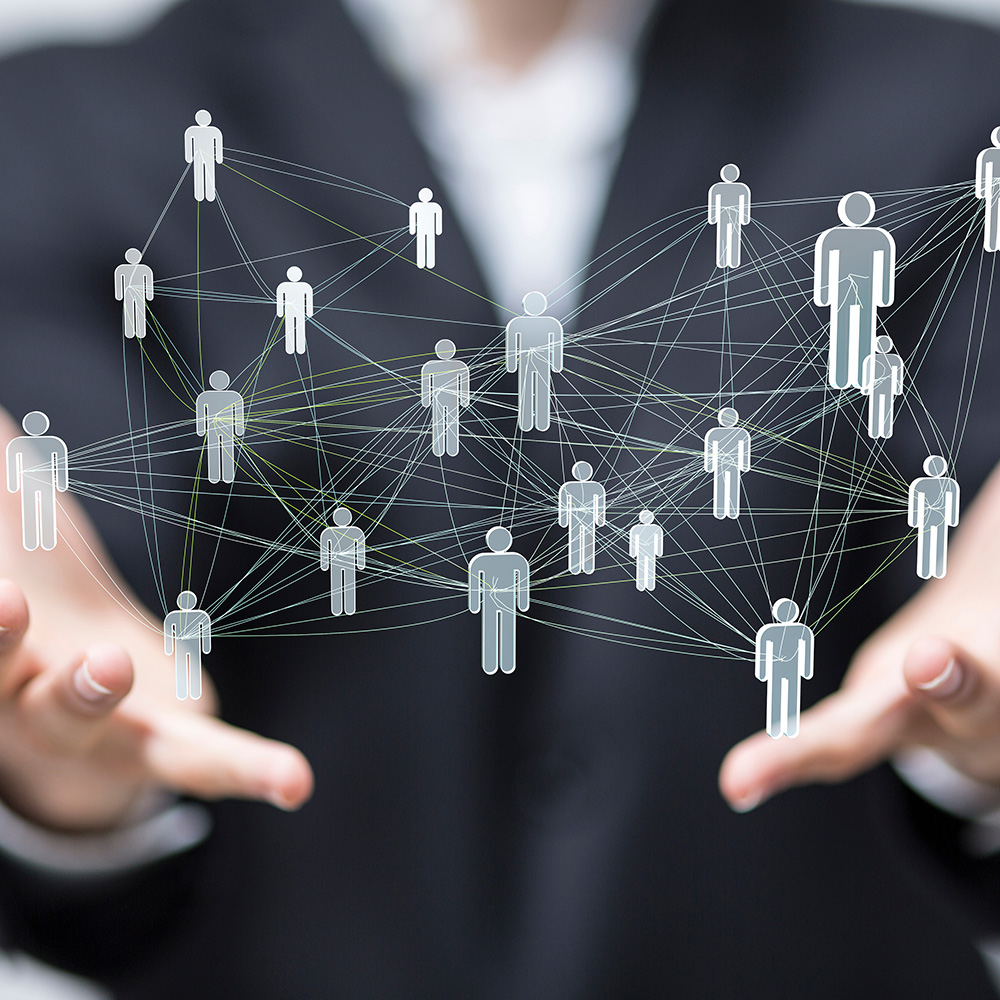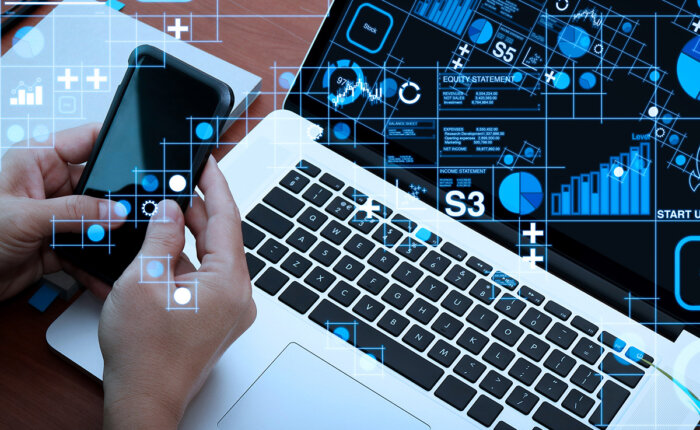Human Resources, or HR as it is more widely known in the workplace, can benefit significantly from Artificial Intelligence tools across several areas of the profession.
- Employee and Prospective Employee experience
The ability of AI to complete routine HR tasks such as payroll processing and data entry can free up time to focus on more strategic or people-centred activities such as addressing employee concerns and nurturing a positive workplace culture. Chatbots can be employed to answer basic employee queries, and automated documentation systems provide easy access to HR advice. Ultimately, this will not only save time but also money by eliminating manual, time-consuming processes.
2. Recruitment – selection and assessment
AI has been used for some time in the form of algorithms that filter CVs for applications. They work largely by matching keywords in the job description and requirements and in the candidate’s CV, shortlisting those that match the closest to take forward to interview stage.
While this is a useful time-saving tool, there is still the potential for human error to impact the process. If, for example, a candidate fills out the wrong field in an application, it could cause a strong applicant to be filtered out by making a very simple mistake.
Applicants can also be discounted if asked to add certain information such as current salary if it is too far outside the salary parameters for the role. It does not allow for the fact that the candidate may be happy to take a salary cut for the right role, or may have experience that means they are ready for a step up.
3. Learning and development
Implementing a training and development platform that uses machine learning could allow the system to adapt to the user and evolve their training plan according to individual needs. The algorithm can learn preferences and suggest content to suit the user or follow a pre-planned track for a career path, giving each employee a tailored development plan while saving HR a huge amount of time. Online courses and exams, automated reminders for certificate renewals and AI-generated feedback could all add to the experience.
4. Analytics – data about your people
With automation also comes the reduced likelihood of human error, creating more data confidence in the business, streamlined processes and improved overall efficiency. More detail can be collected and used to make employees experiences more personalised.
These are all very useful tools that can free up a great deal of time for HR teams. However, it is unlikely that we would see the full automation of the service for one key reason: human contact.
HR often involves difficult decision-making that requires human intuition, empathy and understanding. The team is often largely responsible for employee relations and conflict resolution. HR managers deal with emotional situations such as child loss and other bereavements, serious/terminal illness diagnoses and mental health issues that require ongoing complex employee support.
Bias is also an issue that can infiltrate AI-run systems, depending on how and by whom it is programmed from the outset. Because people choose the data that algorithms use and also decide how the results of those algorithms will be applied, it is easy for unconscious bias to enter the system and perpetuate those biased models. Leaders need to make sure that prejudice and discrimination cannot become a part of the process.
Automation, if not carefully implemented, can lead to the dehumanization of HR processes. A thoughtful and strategic approach is necessary to maintain the balance between efficiency and a human touch. As we have already seen in other areas we have researched, it is important for AI to be used in collaboration, and it needs to be made explicitly clear to teams what is run by AI and what is human.






